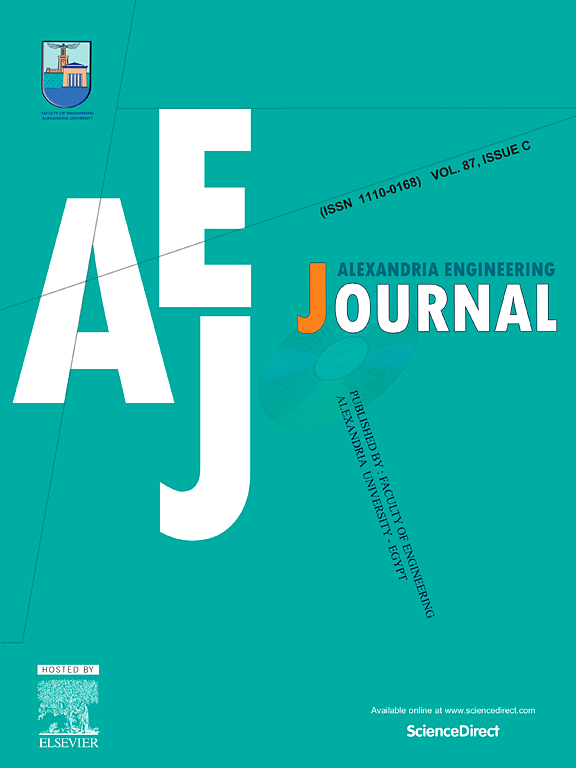利用机器学习进行先进的危险废物预测
IF 6.8
2区 工程技术
Q1 ENGINEERING, MULTIDISCIPLINARY
引用次数: 0
摘要
危险废物对人类健康和环境构成重大风险,需要进行彻底的分析和数据收集。本研究调查了2010年至2020年海湾合作委员会(GCC)国家的HW数据,强调了关键发现和响应面方法(RSM)的精确估计。通过将历史数据与先进的预测建模技术相结合,RSM被证明是预测废物产生模式和促进目标资源分配的宝贵工具。该研究强调了这些算法在预测废物趋势方面的重要性,帮助当局确定需要干预的关键领域。纳入RSM产生了令人鼓舞的结果,危险废物总量、医疗废物和工业废物的r2得分分别为0.92、0.73和0.93,表明RSM在废物管理实践中的有效性。通过提出这些重要的发现,本研究有助于更好地理解和管理HW流。据我们所知,这项工作代表了首次尝试使用机器学习技术来评估HW。本文章由计算机程序翻译,如有差异,请以英文原文为准。
Harnessing machine learning for advanced hazardous waste prediction
Hazardous waste (HW) poses significant risks to human health and the environment, necessitating thorough analysis and data collection. This study investigates HW data from the Gulf Cooperation Council (GCC) countries between 2010 and 2020, emphasizing key findings and the utilization of Response Surface Methodology (RSM) for precise estimation. By integrating historical data with advanced predictive modeling techniques, RSM proves to be a valuable tool for forecasting waste generation patterns and facilitating targeted resource allocation. The study underscores the importance of these algorithms in predicting waste trends, aiding authorities in identifying critical areas for intervention. The incorporation of RSM yields promising results, with R2-scores of 0.92, 0.73, and 0.93 for total hazardous wastes, medical wastes, and industrial wastes, respectively, demonstrating the effectiveness of RSM in waste management practices. By presenting these significant findings, this study contributes to better understanding and management of HW streams. To the best of our knowledge, this work represents the first attempt to employ machine-learning techniques in evaluating HW.
求助全文
通过发布文献求助,成功后即可免费获取论文全文。
去求助
来源期刊

alexandria engineering journal
Engineering-General Engineering
CiteScore
11.20
自引率
4.40%
发文量
1015
审稿时长
43 days
期刊介绍:
Alexandria Engineering Journal is an international journal devoted to publishing high quality papers in the field of engineering and applied science. Alexandria Engineering Journal is cited in the Engineering Information Services (EIS) and the Chemical Abstracts (CA). The papers published in Alexandria Engineering Journal are grouped into five sections, according to the following classification:
• Mechanical, Production, Marine and Textile Engineering
• Electrical Engineering, Computer Science and Nuclear Engineering
• Civil and Architecture Engineering
• Chemical Engineering and Applied Sciences
• Environmental Engineering
 求助内容:
求助内容: 应助结果提醒方式:
应助结果提醒方式:


